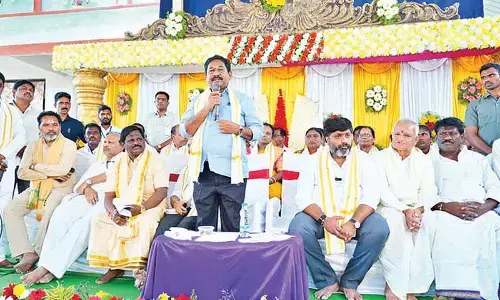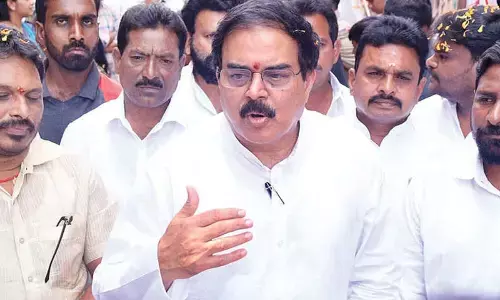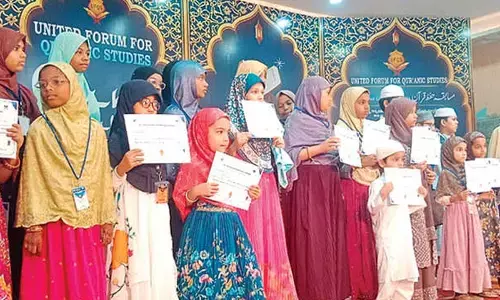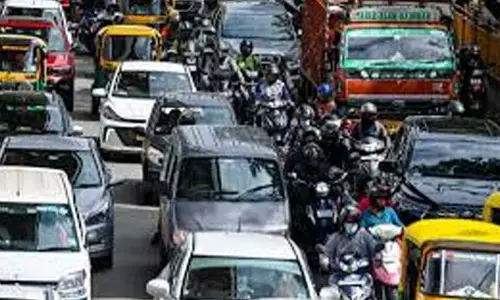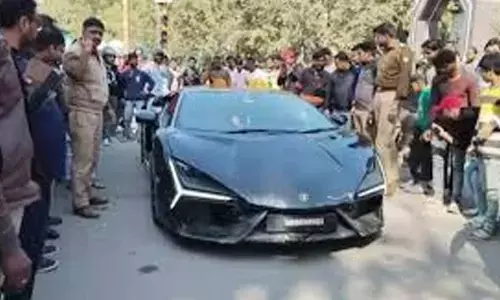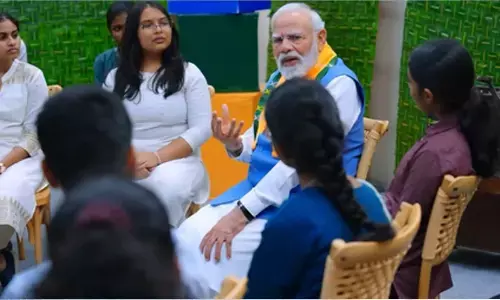Executive versus judiciary: Who is the boss?
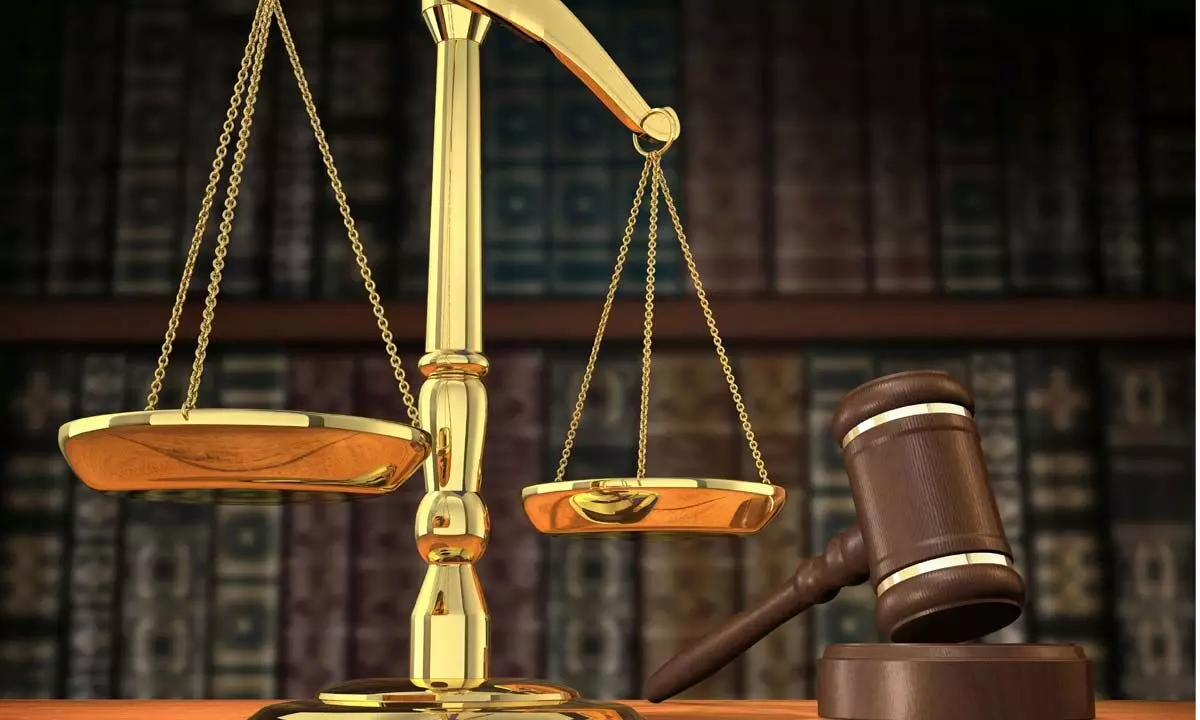
A sound public administration in any form of governance is based on the principle of checks and balances between the concerned authorities.
A sound public administration in any form of governance is based on the principle of checks and balances between the concerned authorities. While in a monarchy, most of the governing power vests in the hands of the monarch, other systems including democracy, this power is 'shared' between the institutions that matter.
According to our Constitution, the three pillars namely, legislature, executive and judiciary are entrusted with the task of implementing the Constitution of India in letter and spirit. To ensure that no rift arises in the interpretation of the provisions of the Constitution, the powers, duties and obligations of the three pillars have been clearly defined. Similarly, in order not only to retain the spirit of federalism between the Union and the States and to eliminate any scope for ambiguity, the powers, areas of public governance and limitations, too, have been clearly and vividly defined. Thus, there is little or no scope to 'blame' the Constitution or its makers for the sporadic skirmishes breaking out in the name of the Constitution.
The real reason, however, is the clash of ego which put in a different way is, the lust for more power and inherent psyche of superiority complex. It is due to such basic weaknesses of the persona in power that make them blind to see the reason. Consequently, knives are taken out on the matters for which Constitutional and other well-defined statutory provisions do exist and case-laws are available. Indeed, it is ironical that in the name of elected representatives of people with huge mandate while the political bosses in power often try to browbeat the equally elected heavy-weight opposition leaders in the parliament and state assemblies and the 'appointed' members of the higher judiciary, viz. the High Courts and the Supreme Court of India on the one hand, the Judges of the higher courts and the apex court either in the name of the implementation of the Rule of Law or judicial review , at times, cross their limits for a variety of reasons including donning the role of the guardians or protectors of the Constitution, on the other!
Certainly, both such situations are not good for our democracy. The genuine concern for the teeming under-privileged masses, need not necessarily be shown by excessive populism. The differences, if any, between the three pillars of democracy should and must be ironed out by mutual deliberations in a matured and congenial atmosphere rather than washing the dirty linen in the full glare of public.
And for the sake of record, let it be clear that in the scheme of our Constitution no one or two pillars is more powerful than others. Hence, sooner this instinct of bossing over the other pillars, evaporates from the minds of the concerned 'leaders' of these pillars, better it would be for the health of our democracy, the largest one in the world!
SC-SCBA SPAT TAKES UGLY TURN
The ongoing acrimonious dialogues between the Supreme Court Bar Association and the Supreme Court over urgent listing of the petition for the allotment of land for the construction of lawyers chambers took an ugly turn on March 2, when in response to the SCBA president Vikas Singh's threat that if the case was not listed for an urgent hearing, "I may have to escalate the issue... take dharnas to the judge's residences." The CJI reacted that he won't be cowed down by such threats. It is unfortunate that such a 'tu- tu, mein - mein' between the apex court and its advocates association took place in the open court which is always in the focus of the world media. Restraint is the only word of advice for both these august bodies.
TS-HC ON DISPUTED SIGNATURES
The single bench of Justice Juvvadi Sridevi while dealing with a civil revision petition filed by EnagandulaVenkateswarlu, an employee of Singareni collieries said that the litigants have the right to request the court to forward the document for expert opinion to prove that the signature was not made by him.The courts should allow such an application in view of the fact that the party to the litigation needs a fair trial.
In the present case, the petitioner had challenged the district civil judge's orders rejecting his application seeking to send the promissory note, allegedly signed by him and his wife, for an expert's opinion. The high court observed that it was on the plaintiff in the lower court to prove that the signatures on the promissory note were that of the defendants (in the lower courts) and directed that the promissory note be sent to a handwriting expert.
HATHRAS MURDER ACCUSED GETS LIFE TERM
The special judge court (SC/ST prevention of atrocity) act, Hathras has convicted Sandeep Sisodia for committing the offence of murder along with relevant sections of prevention of SC/St atrocity act, of a 19-year-old dalit girl in September 2020.
The court sentenced the accused to life imprisonment and also fine of Rs 50,000 whereas other three accused who faced trial in the said case have been acquitted of all charges. However, none of these accused have been found guilty of offence under section 370 of IPC. The above judgment was delivered by special court judge Trilokpal Singh.








